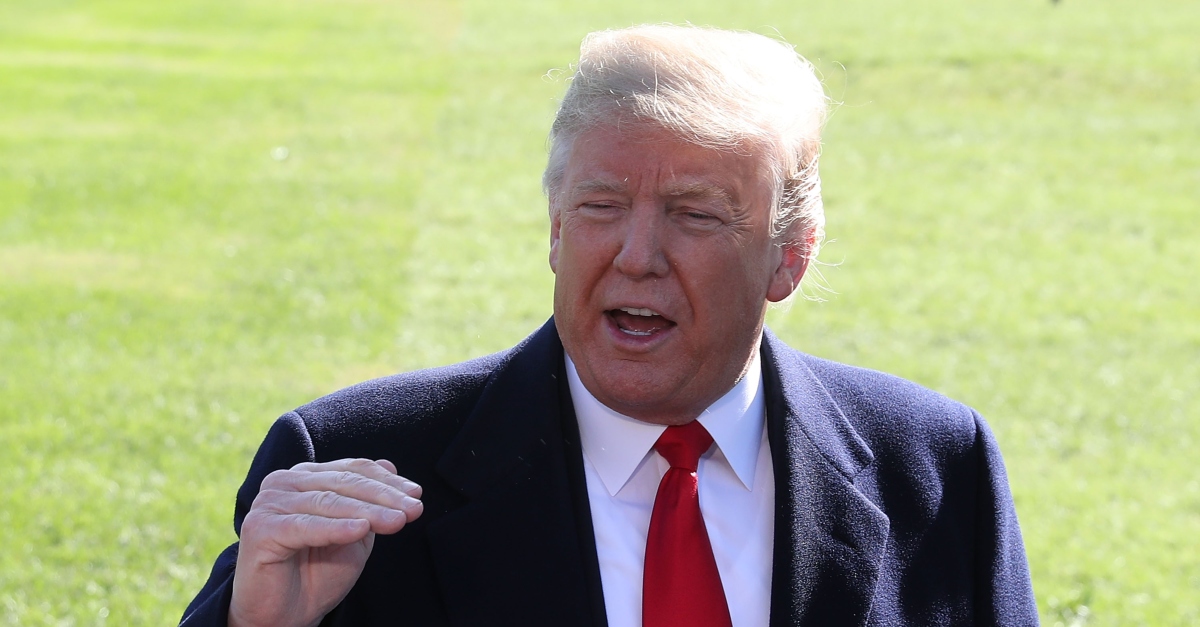
The U.S. Supreme Court announced on Tuesday that they will not hear the case of Steven Larrabee, a retired Marine Corps Staff Sergeant who was convicted of rape following a guilty plea before a military court. He then tried to get his conviction overturned, claiming that since he’s retired the case should have been heard by a regular civilian court. The Supreme Court’s decision not to get involved means that they are leaving in place a status quo that could arguably have far-reaching consequences.
The key issue involved was whether or not military retirees should still be subject to courts-martial for non-military offenses. The government claims that they do, since they still receive money for their service and could be recalled for active duty, but the argument against this is that their payment is for past work, not present or future work, and that older, retired vets would not have to serve again, so they should not be treated the same as active members of the armed forces.
As Law&Crime’s Elura Nanos wrote in anticipation of SCOTUS’ decision, treating retired vets like anyone else in the military keeps them subject to very specific statutes that criminalize acts that are perfectly legal for everyone else. Among them? Speaking against the president.
10 U.S.C. § 888 says:
Any commissioned officer who uses contemptuous words against the President, the Vice President, Congress, the Secretary of Defense, the Secretary of a military department, the Secretary of Homeland Security, or the Governor or legislature of any State, Commonwealth, or possession in which he is on duty or present shall be punished as a court-martial may direct.
That means that if a retired veteran speaks out against certain members of the government, they could theoretically be court-martialed. As Larrabee’s attorney, University of Texas law professor Steve Vladeck, noted in a recent blog post, “some of President Donald Trump’s more visible critics of late have been retired military officers.” He argued that these individuals would be at risk under the current legal landscape.
Vladeck also argued that this could extend to “the 17 million men currently registered for the Selective Service,” but the government argued that this would not be the case.
[Image via Mark Wilson/Getty Images]